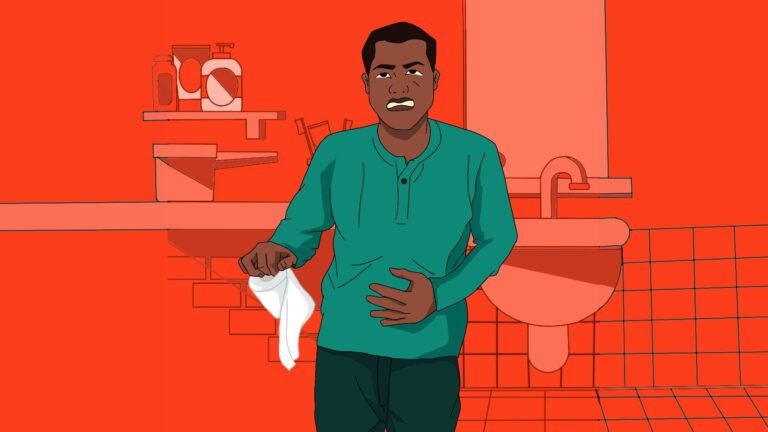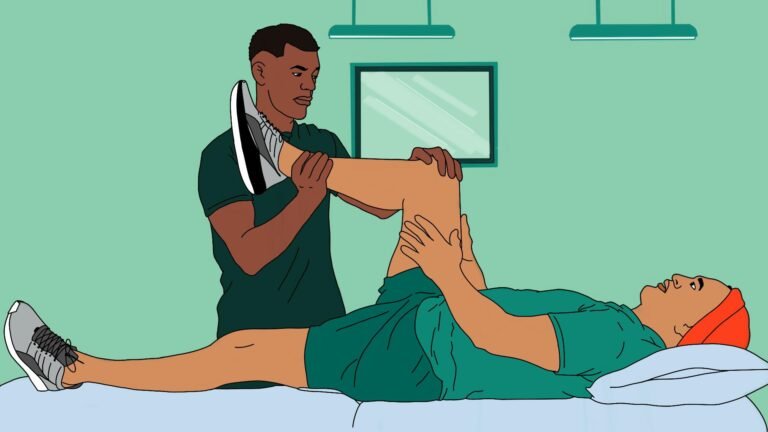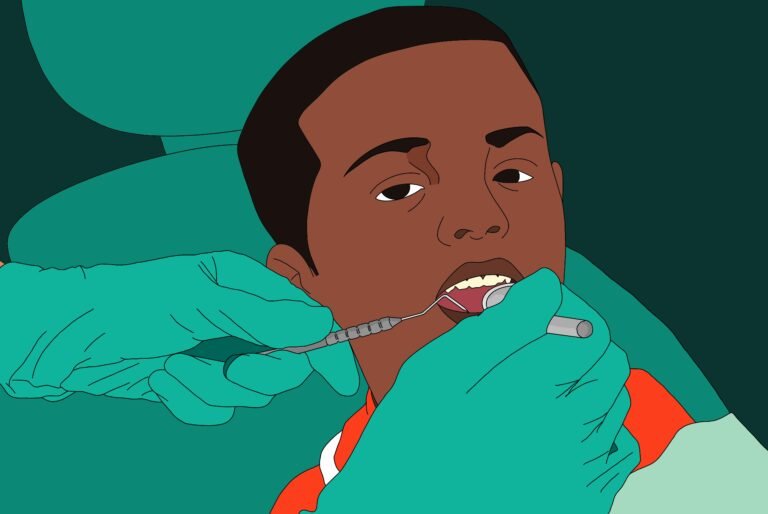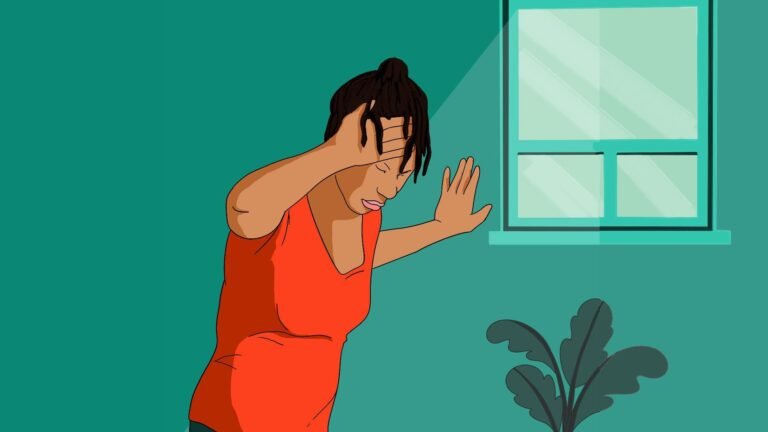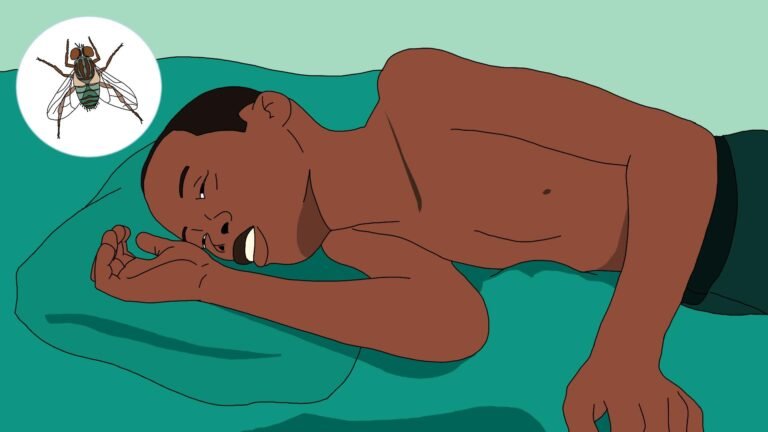
Mumps
What is mumps?
Mumps is a contagious disease caused by a virus that passes from one person to another through saliva, nasal secretions, and close personal contact. The condition primarily affects the salivary glands, also called the parotid glands. These glands are responsible for producing saliva. There are three sets of salivary glands on each side of your face, located behind and below your ears.
What are some symptoms of mumps?
The hallmark symptom of mumps is swelling of the salivary glands. Symptoms of mumps usually appear within two weeks of exposure to the virus. Flu-like symptoms may be the first to appear, including: tiredness, body aches, headache, loss of appetite, low-grade fever. The swelling at the side of the face does not happen all at once, it is gradual and grows more painful.
What happens if mumps are left untreated?
Complications from mumps are rare, but can be serious if left untreated. Mumps mostly affects the parotid glands. However, it can also cause inflammation in other areas of the body, including the brain and reproductive organs. Orchitis is inflammation of the testicles that may be due to mumps. You can manage orchitis pain by placing cold packs on the testicles several times per day.
In certain cases, mumps cause infertility. Women infected with mumps may experience swelling of the ovaries and have a chance of getting a miscarriage if they have mumps whilst pregnant. Mumps may lead to meningitis or encephalitis, two potentially fatal conditions if left untreated.
Can mumps be prevented?
Vaccination can prevent mumps. Most infants and children receive a vaccine for measles, mumps, and rubella (MMR) at the same time. The first MMR shot is generally given between the ages of 12 and 15 months at a routine well-child visit. A second vaccination is necessary for school-aged children between 4 and 6 years old. Because mumps is a virus, it doesn’t respond to antibiotics or other medications.
However, you can treat the symptoms to make yourself more comfortable while you’re sick. These include:
- Rest when you feel weak or tired.
- Take over-the-counter pain relievers, such as paracetamol and ibuprofen, to bring down your fever.
- Soothe swollen glands by applying ice packs.
- Drink plenty of fluids to avoid dehydration due to fever.

